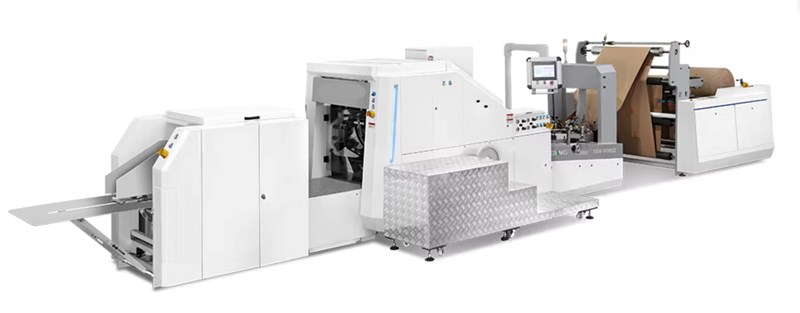In an effort to combat the environmental challenges posed by single-use plastics, the Dutch government has taken a significant step by implementing a tax of €0.20 on such items. This move is in compliance with the European Union’s Regulation on single-use plastics (EU Richtlijn 4.NL besluit 8B) and seeks to discourage the usage of these harmful materials while encouraging the adoption of more sustainable alternatives.
The Impact of Single-Use Plastics
Single-use plastics have long been recognized as a major contributor to environmental pollution. These items, usually used once and rapidly disposed of, can take hundreds of years to decompose. They often end up in our oceans, causing immense harm to marine life and ecosystems. Recognizing the urgent need to address this issue, the European Union introduced the Single-Use Plastics Directive, which member states like the Netherlands have incorporated into their legislation.
The Dutch Government Takes Action
As of July 1, 2023, the Dutch government has implemented a tax of €0.20 on single-use plastic items. The aim is to discourage their usage by increasing the cost for consumers and businesses. This tax will be levied on items such as plastic bags, cutlery, straws, and cups, among others. By directly targeting these commonly used disposable items, the government hopes to reduce their consumption and encourage individuals and businesses to explore more sustainable alternatives.
Promoting Sustainable Alternatives
The implementation of this tax not only discourages the use of single-use plastics but also promotes the adoption of more sustainable alternatives. The tax revenue collected will be invested in initiatives that facilitate the transition to a greener economy. Funds will be used to support research and development of biodegradable materials, as well as campaigns aimed at raising awareness about the benefits of reusable products.
Encouraging Individual Responsibility
The Dutch government is also actively encouraging citizens to take responsibility for their own environmental impact. By implementing the tax, they are signaling that individuals have a role to play in reducing plastic waste. The tax serves as a reminder that small behavioral changes, such as bringing reusable bags or cups, can make a big difference in preserving our environment.
Inspiring Global Change
The move by the Dutch government aligns with a global trend towards reducing plastic waste and finding sustainable alternatives. As the first country in the European Union to implement such a tax, the Netherlands is setting an example for other nations to follow. By taking a strong stance against single-use plastics, they are encouraging individuals and businesses worldwide to rethink their consumption habits and embrace more sustainable practices.
The implementation of a tax on single-use plastic items by the Dutch government is a significant step towards addressing the environmental impact caused by these materials. By discouraging their use and promoting sustainable alternatives, the government aims to protect our planet’s ecosystems and inspire global change. It is hoped that other countries will take note of the Netherlands’ proactive approach and adopt similar measures to combat the pressing issue of plastic pollution.













